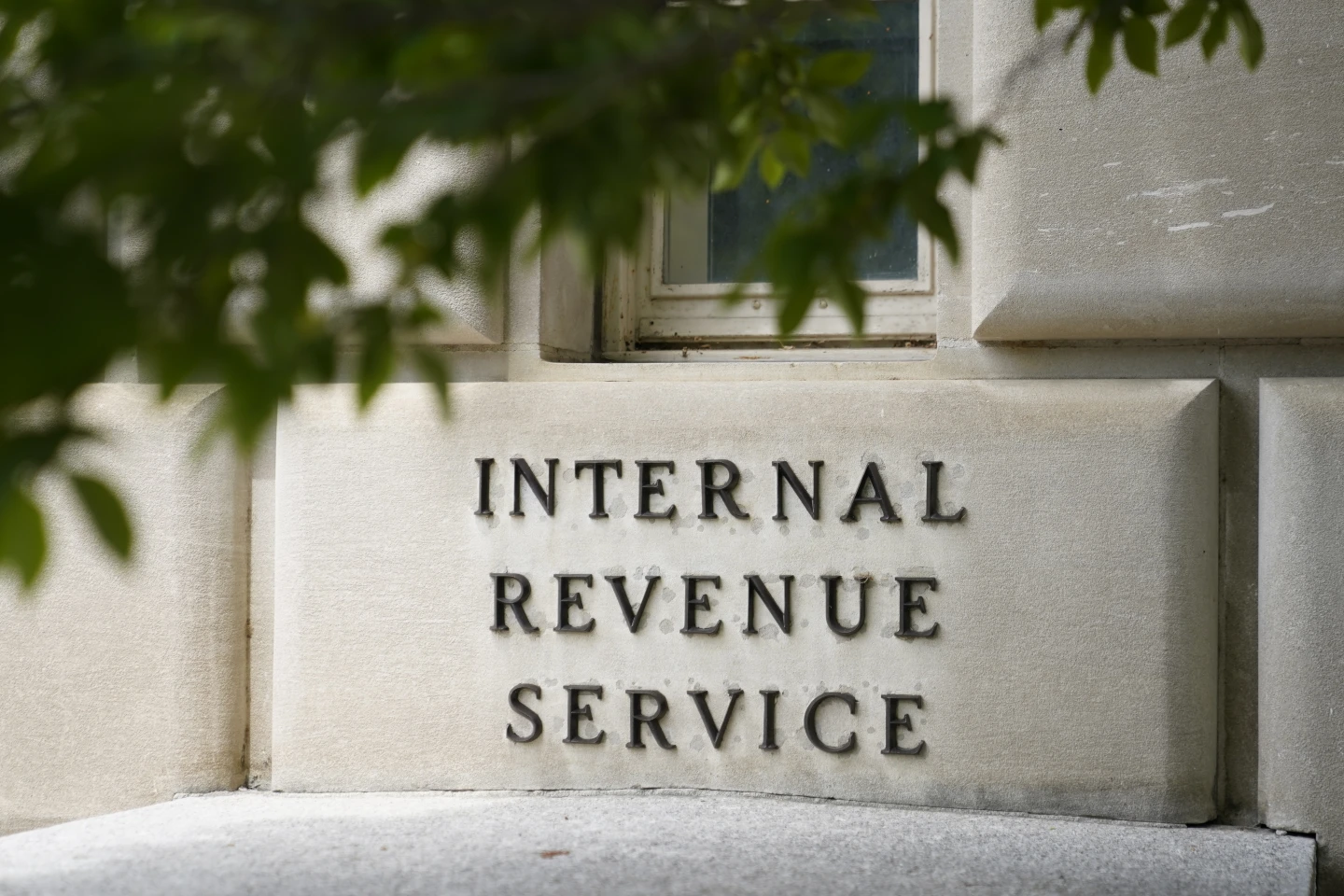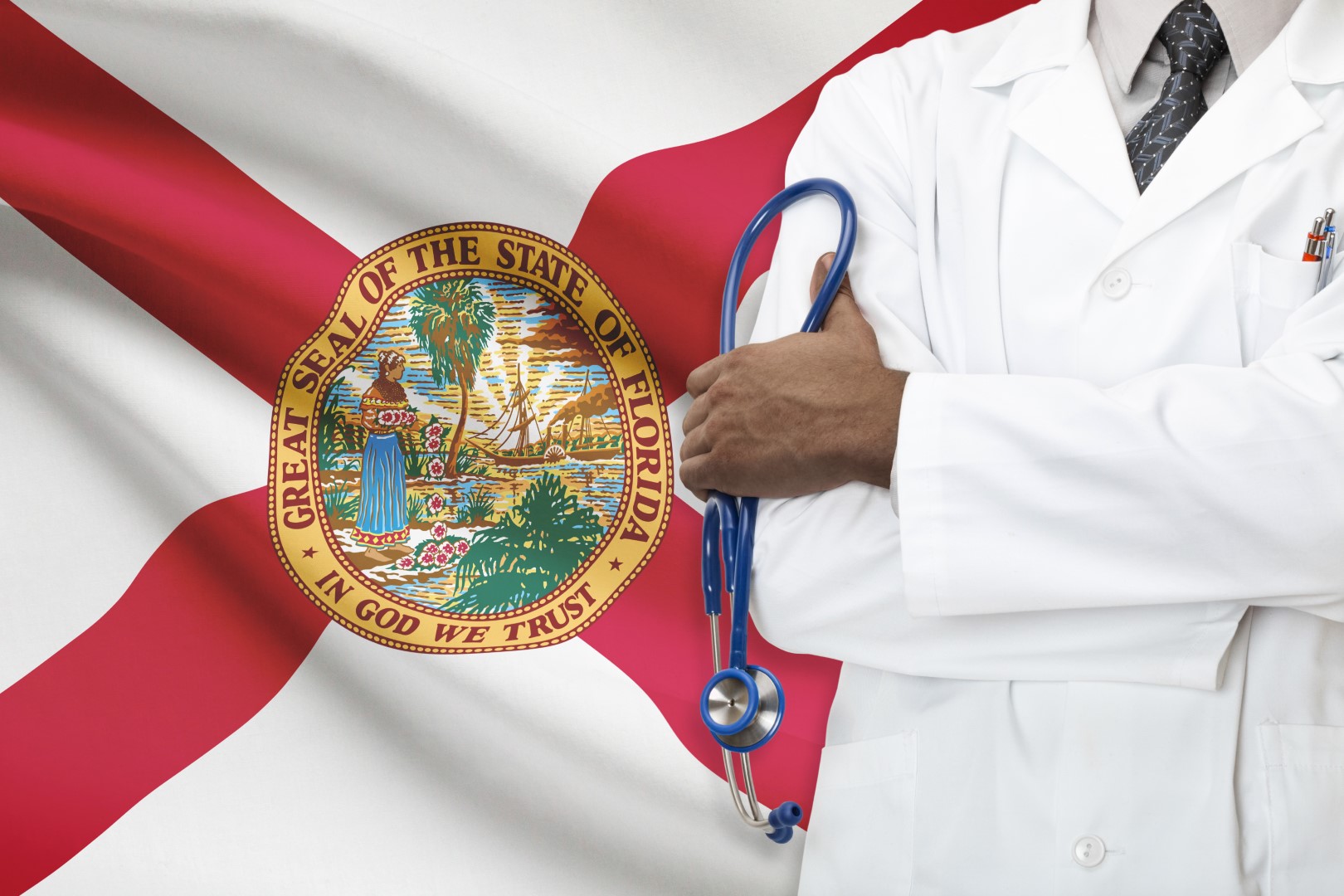Florida Democratic Party Chair Nikki Fried says overperformance by candidates in two congressional districts could bring Democrats long-term benefits.
“We put a down payment on our future,” Fried said, “and we’re going to make Republicans pay for it in the long run.”
Democratic candidates spent upward of $17 million in Special Elections in Florida’s 1st and 6th Congressional Districts. In the Panhandle, Gay Valimont lost to Republican Jimmy Patronis, while in Northeast Florida, Josh Weil fell to Republican Randy Fine.
In both cases, the Republicans won by about 14 percentage points in districts where President Donald Trump in November won by more than 30 points.
In that sense, Fried didn’t consider either campaign a loss. Fried the next day participated in a Democratic National Committee (DNC) press call with DNC Chair Ken Martin to tout the overperformance.
Seeing President Donald Trump hold telerallies for both candidates showed Florida Democrats can still get national Republicans’ attention, she said.
“These races should have never been competitive, but we outworked them, we outraised them, and we slashed their margins by more than half, and they panicked,” Fried said. “They had to call daddy, hosting emergency town halls, slashing last minute cash and even sacrificing (New York U.S. Rep. Elise) Stefanik’s nomination to protect their very slim majority.”
Martin, while touting the victory of a Liberal Wisconsin Supreme Court justice over a conservative publicly championed by billionaire Elon Musk, also saw good things from the election results in Florida.
“Last night’s Special Elections in Florida showed Trump, Musk and Republicans that they’re in trouble in even the reddest of districts,” Martin said.
“Democrat Gay Valimont claimed the best performance from a Democrat in Florida’s 1st Congressional District this century, and became the first Democrat in almost two decades to flip Pensacola. In Florida’s 6th, Democrat Josh Weil secured a massive overperformance in this Trump plus-30 district and validated Republicans’ widely covered concerns about Republican candidate Randy Fine.”
Fried also said the Democratic campaigns spent their money wisely, focusing on ground game over flashy marketing.
“These races came down to the wire because we invested in them, put money into strong ground game and organized in red counties like never before,” Fried said. “Investment on the ground matters. Money spent in Specials was largely on the ground, not TV, and campaigns left behind cash to local county parties to continue that work. So don’t tell me, ‘Florida, it’s too expensive.’ We have proven that we can raise the money and spend it wisely.”
Fried also said Democrats in off-year and unscheduled races can make an important difference in providing balance in state elections.
“Here in Florida Special Elections, we flipped a really important House seat last year in the beginning part of ’24. It allowed us to take back School Board races in the August Primaries, to re-elect our Mayor down in Miami-Dade County. These elections are important for infrastructure and build our momentum.”
That 2024 Special Election was a win by Democrat Tom Keen in House District 35, but Keen lost the seat in November to Republican Erika Booth.
Fried said this year’s Special Elections will lay the groundwork for strong performance in the Midterms next year.
“People are coming out of their homes, wanting to be part of this revival of the Democratic Party and this retaking back of our state,” she said. “These important elections are a message test. It is an opportunity to organize, to galvanize our base, but also to make sure that we are creating this momentum going into the ‘26 actual elections year,” she said.
Post Views: 0

 Entertainment8 years ago
Entertainment8 years ago
 Politics8 years ago
Politics8 years ago
 Entertainment8 years ago
Entertainment8 years ago
 Entertainment8 years ago
Entertainment8 years ago
 Tech8 years ago
Tech8 years ago
 Tech8 years ago
Tech8 years ago
 Tech8 years ago
Tech8 years ago
 Politics8 years ago
Politics8 years ago










